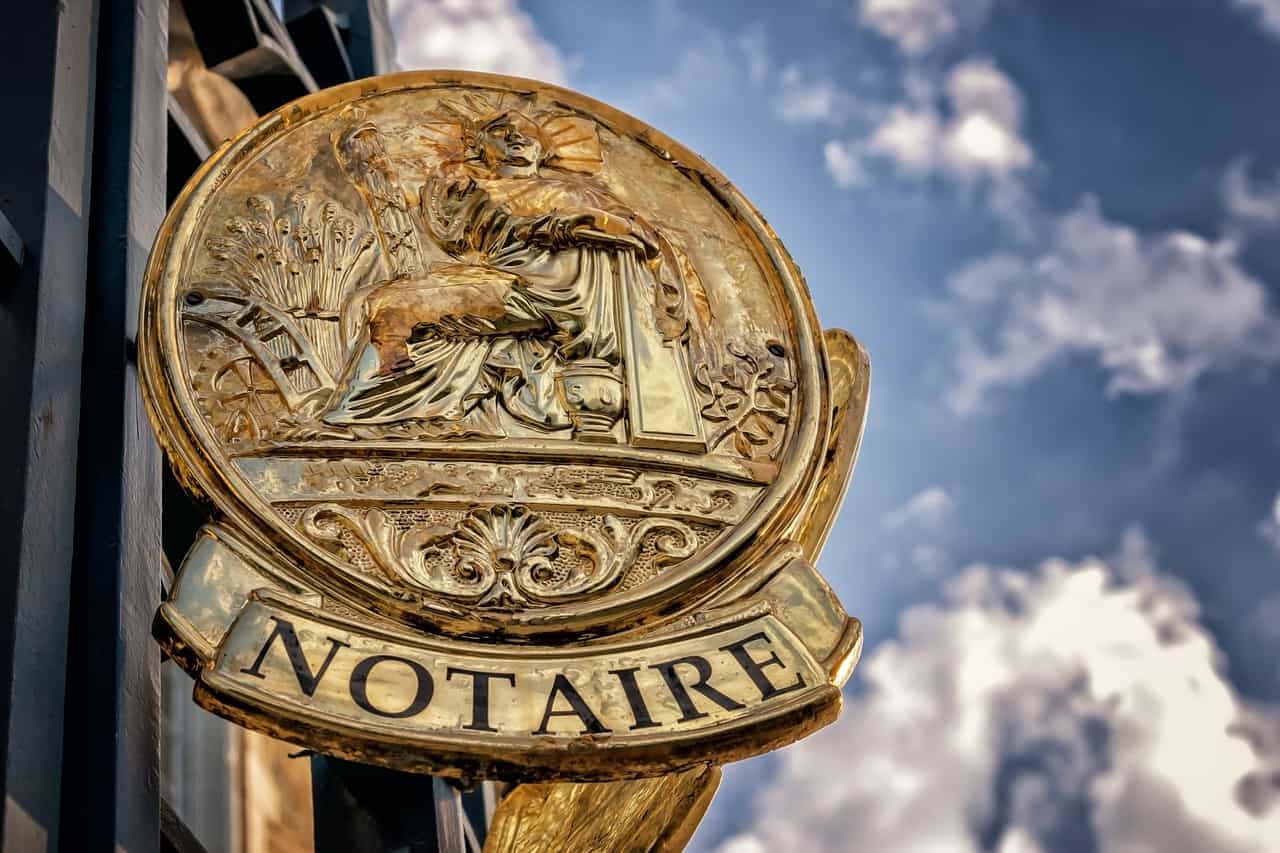
Law 140-15, of 2015, regulates notaries in the Dominican Republic and establishes the following:
Notaries “are public officials instituted by the State to receive, interpret and draft acts, contracts, and declarations, as well as verifying acts that they personally carry out, which grants these documents the authenticity commonly inherent in acts of public authority and endows them with a specific date”.
Therefore, notaries are very important, given that they are public officials who may serve as witnesses in commercial transactions, as well as in agreements between individuals.
The Dominican system of law is based on documentation, that is, acts must be recorded in writing, as this provides more legal guarantees to the parties, which is why it is essential to determine the following:
These questions will allow you to determine if you need to Notarize the document in question or any other document.
All contracts can be notarized, however, the agreements and acts that are most commonly notarized in the professional practice are the following:
Notaries usually notarize 2 types of documents, Authentic Acts and Acts Under Private Signature.
An Authentic Act is one that is granted directly by the notary public, and must comply with the formalities established by law to be deemed as valid. As a result, it is a special contract and cannot be drafted by the general public.
On the other hand, an Act Under Private Signature is granted by the parties involved, with their sole signature and without the intervention of a notary public. In these acts, all the notary does is legalize the signatures at the end of the act, contrary to authentic acts, where the notary files the act in the protocol under his legal authority, with the obligation to keep it.
Authentic acts are fundamentally solemn and must meet various requirements established by law. Conversely, acts under private signature, do not need to comply with that many requirements to be validated, can be signed on any day, even holidays, and even some of the information, such as quantities or specific information, can be handwritten.
A notary’s “public faith” is an attribute given to them by the state, which allows them to function as a guarantee of legal security.
A Notary’s legal authority provides assurance, authenticity and certainty to all legal acts they sign.
It is good to keep in mind that the notary’s legal authority to attest documents is very important because there is a presumption of authenticity for documents and acts certified by a notary, which allows greater legal certainty in the field of legal contracts since these documents are essential and commonly used.
In the Dominican Republic, there are several laws that regulate notaries public, among them we can mention the following:
In judicial proceedings, it is not enough at all to be right or to have a right, what is presented must be demonstrated, because as lawyers always say; in the legal world it is not enough to allege, it is necessary to prove, in accordance with article 1315 of the Civil Code: “whomsoever requests an obligation to be exercised, must provide proof. Reciprocally, any individual who claims to be free must justify the payment or the fact that has caused the dissolution of their obligation”. As a result, anyone any party who alleges a fact in the justice system must substantiate it.
On the following basis:
Therefore, evidence is presented by the parties and made available to the judges to substantiate their allegations. If the evidence is not entirely sufficient, or is simply not made in a formal manner and under certain guidelines, they will not be able to convince the judge of the legality, legitimacy and veracity of the evidence in question.
As we have already established, written evidence is the ideal form of evidence (especially in civil matters). Additionally, if these documents are legalized through a notary public, they become even more meaningful, by way of the following:
Therefore, for legal transactions of all kinds, it is advisable to draft a contract in front of a notary public who can attest to having seen the personal identification of the parties and testify that the individuals have signed in good faith, having the mental and legal capacity to sign the agreement in question.
It is very common for people who draft documents without the due formalities of the law and without the help of a notary to become victims of deception, simply by producing documents without complying with all the appropriate legal requirements, which can only be met with the advice of a legal professional and a notary public.
Needless to say, notarizing implies an extra expense, but this expense is without a doubt worth it, because, if in the future a judicial process takes place, a notarization could help you avoid incurring greater expenses.
It is always recommended to register notarized acts. The importance of this registration is explained through the fact that upon completion of the registration before the Civil Registry, the act in question is given material publicity, granting it a specific date and, above all, allowing the use of the information that is made public in the Office of the Registry of Civil Acts in the corresponding City Council as opposition against third parties.
The original signed document will be registered in the Registry of Civil Acts Office of the Corresponding City Council, where a tax will need to be paid. The specific amount to be paid varies throughout the different municipalities in the Dominican Republic since it is not a fixed rate.
In case you have any questions or need adequate professional advice in relation to the Notarization or Legalization of Documents in the Dominican Republic, as well as any other legal issue, do not hesitate to contact us from anywhere in the world. You can write to us or call us and we will gladly answer your concerns.
Comments
No Responses to “The importance of notaries in the Dominican Republic”
No comments yet.